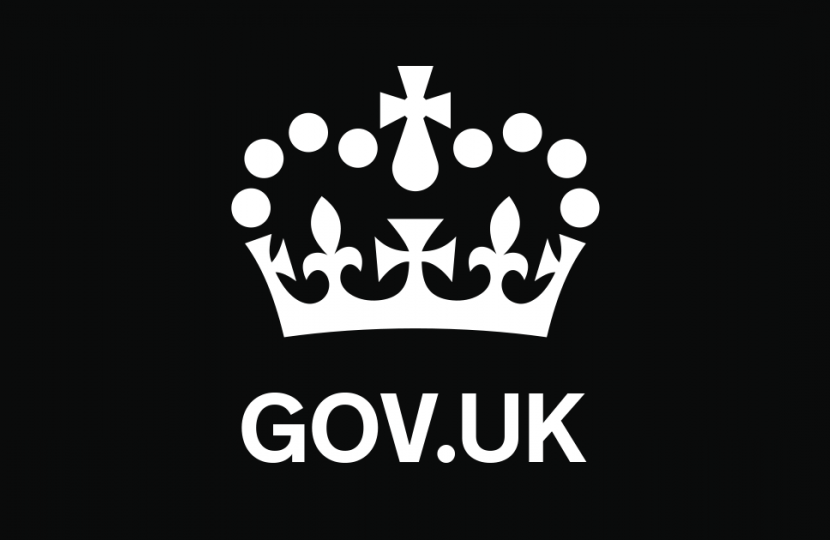
Going to work
You should work from home unless it is impossible for you to do so. Sometimes this will not be possible, as not everyone can work from home. Certain jobs require people to travel to their place of work – for instance if you operate machinery, work in construction or manufacturing, or are delivering front line services.
See the full guidance on going to work.
Statutory Sick Pay is available for people diagnosed with COVID-19 or who are self-isolating, helping people with their finances.
Statutory Sick Pay (SSP) will be now be available for eligible individuals diagnosed with COVID-19 who are unable to work because they have the virus or are selfisolating in line with PHE guidance. This is in addition to the change announced by the Prime Minister that SSP will be payable from day 1 instead of day 4 for affected individuals.
Claim a grant through the coronavirus (COVID-19) Self-employment Income Support Scheme
Use this scheme if you're self-employed or a member of a partnership and have lost income due to coronavirus. This scheme will allow you to claim a taxable grant worth 80% of your trading profits up to a maximum of £2,500 per month for the next 3 months. This may be extended if needed.
Obtaining a sick note.
People who are advised to self-isolate will be able to obtain an alternative to the sick note to cover this by contacting NHS 111, rather than visiting a doctor. This can be used by employees where their employers require evidence.
Supporting people who are not eligible for Statutory Sick Pay, like the self-employed, through the welfare system.
Those on contributory ESA will be able to claim from day 1, instead of day 8. To make sure that time spent off work due to sickness is reflected in people’s benefits, we are also temporarily removing the minimum income floor in universal credit. This means self-employed people who fall out of work will still get their full payment And we are relaxing the requirement for anyone to physically attend a jobcentre – everything can be done by phone or online. Taken together, these measures on ESA and universal credit provide a boost of almost £0.5 billion to our welfare system.
£500 million more funding is being provided to local authorities
To support economically vulnerable people and households. We expect most of this funding to be used to provide more council tax relief, either through existing Local Council Tax Support schemes, or through complementary reliefs.
Lay-offs and short-time working
Your employer can ask you to stay at home or take unpaid leave if there’s not enough work for you.
A lay-off is if you’re off work for at least 1 working day. Short-time working is when your hours are cut.
Suspending face-to-face assessments for all sickness and disability benefits for the next 3 months.
This temporary move (effective from 17 March) is being taken as a precautionary measure to protect vulnerable people from unnecessary risk of exposure to coronavirus. We will ensure those who are entitled to a benefit continue to receive support, and that new claimants are able to access the safety net
See Also

